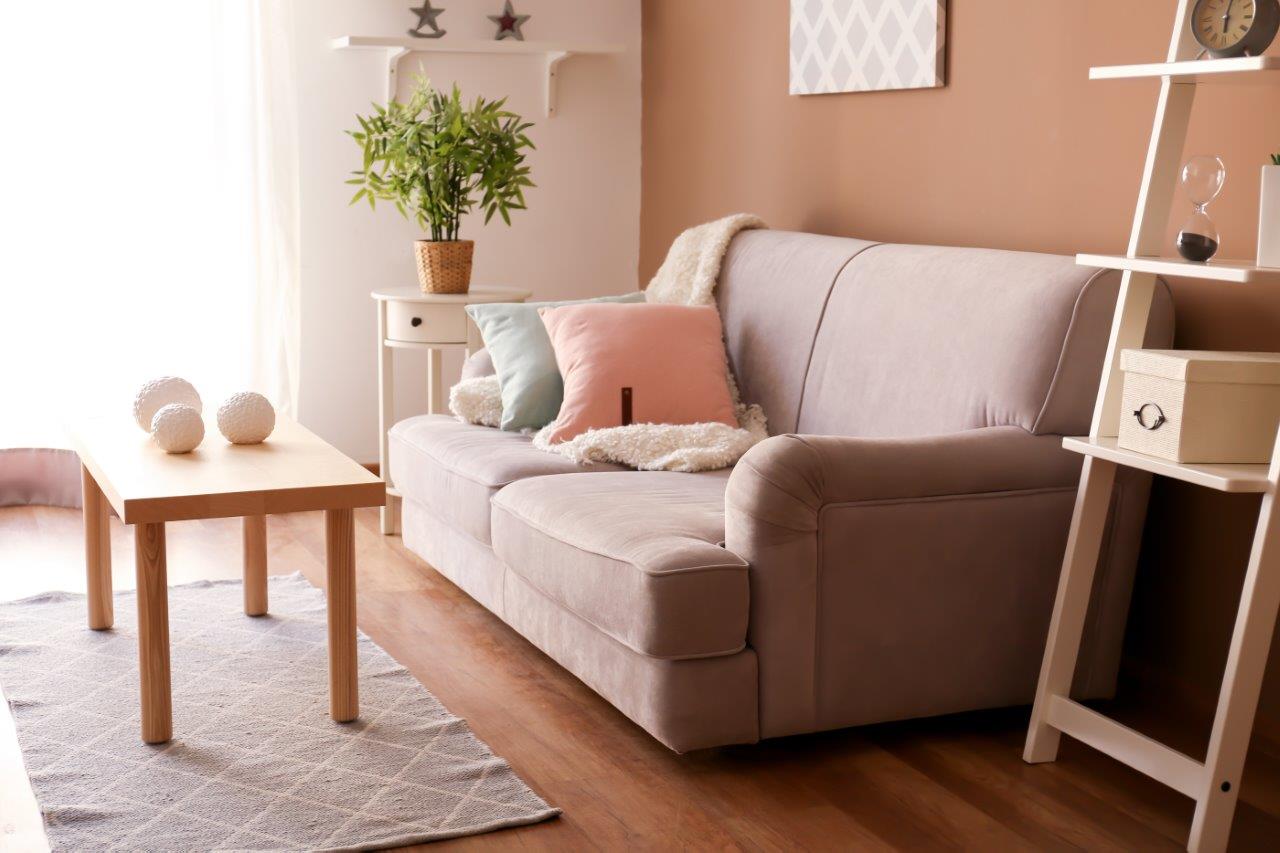
How much does staircasing cost when you buy a Shared Ownership home?
So, you bought your Shared Ownership home, and now you’re looking to increase your share. Are you wondering how much it will cost you to staircase? Have no fear – we’re here to lay out all the costs you need to know about in one simple round-up. Read on to find out more…
What does it cost to staircase?
Every buyer’s staircasing transaction is unique. Ewa and Alex at Picket Twenty in Andover, for example, were able to purchase 50% of their home initially, then staircase their way to full ownership in a single step. Other buyers staircase in multiple steps, each according to their own financial circumstances. As a rough estimate, it costs around £2,250 to buy more shares in your Shared Ownership home, so be prepared to budget at least this amount for each step of your staircasing journey.
What fees are involved in staircasing?
There are certain fees that you will need to pay when you staircase, these include:
- Solicitors’ fees
- Mortgage fees
- Admin fees
- Survey/valuation fees
- Possibly stamp duty (we’ll talk more about that in a moment)
The solicitors’ fees will cover the conveyancing and other legal aspects of the purchase, while your mortgage fees will cover the arrangement and drawdown of the loan. You’ll also need to pay for a survey/valuation each time you staircase.
What does stamp duty cost when staircasing?
Stamp duty is another cost to consider. When you buy a Shared Ownership home, you can either pay the stamp duty when purchasing your initial share or defer it until you own 80% or more of the property. While deferring might help make the initial purchase more affordable, it could end up costing you more in the long run if the value of your property goes up. Castlepoint homebuyer Laith, who purchased a Shared Ownership home with SNG at Ibbertson Close with his wife Aseel, explains:
“If you are buying and can pay the full price of the stamp duty, do so, as you will save money if the house price goes up. I bought my first 50% share [of his home] for £45,000 and my second was £135,000.”
How does the property value come into staircasing costs?
It’s important to note that when you purchase additional shares in your home, the cost of the shares is based on the current value of the property – not the value when you initially bought it, as Laith points out above. This is why you need to pay for a valuation each time you plan to staircase.
Once you know the value of your home, you can work out an estimate of what the additional share will cost by using SNG’s online share calculator. This will estimate not just the cost of purchasing an additional share, but also roughly how much your new, lower monthly rent payment could be – as your rent will go down proportionally as your ownership share goes up.
An SNG Shared Ownership buyer at Sowthistle Drive recently showcased this in action. They bought a 40% initial share in their new build home in 2020, paying a monthly rent of £357.50 for the remaining share. In August 2022, they purchased an additional 45% of the property, taking their equity up to 85% and reducing their rent to just £95.71 per month. As and when they purchase the remaining 15% of the property, no rent will be payable at all.
How to minimise your staircasing costs
Paying solicitors’ and mortgage fees is an essential part of staircasing, as is paying for a valuation of your home. That said, there is potential to reduce your costs in some areas. As we discussed above, paying your stamp duty when purchasing the initial share of your home, if you can afford to do so, can save you money further down the line. And as buyers Max and Charlotte demonstrated, paying for a second valuation could also send up saving you a significant sum.
So could timing your purchase wisely. Buyers Ewa and Alex found this when they looked to increase their share of ownership from the initial 50% they had bought in 2013. They were ready to purchase an additional share in 2021, planning to staircase their way to 80%. However, a friend of Ewa’s suggested the couple wait a year or two to take advantage of an anticipated house price fall. It turned out to be excellent advice. After two-years, Ewa and Alex were able to staircase not to 100% in a single step. Doing so meant paying only one lot of solicitor’s, mortgage and valuation fees instead of two, saving the couple around £2,500.
Starting the staircasing process
If you are considering staircasing, remember to speak to your lender or mortgage broker first. They will help you understand what you can afford to do in terms of buying an additional share in your home. To find out more about staircasing with SNG, click here.
